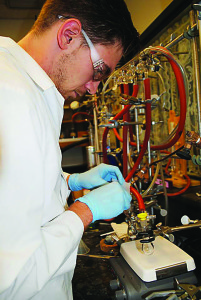Park Geun-hye, former president of South Korea, was officially removed from office earlier this month by a court of South Korean justices. The impeachment followed a massive corruption scandal that sparked weeks of protest by South Korean citizens, according the New York Times. Park’s replacement is set to be selected in May.
The first sign of rough waters for Park’s presidency came in 2014, according to CNN. In April, the Sewol passenger ferry sank off of South Korea’s coast, resulting in over 300 deaths, most of them high school students on a field trip. CNN also described the results of a lengthy and painful investigation into the tragedy. According to CNN, “[T]he ferry was found to be loaded with double its capacity. Its cargo wasn’t secured properly, which threw the ship off balance as the containers tumbled and knocked the vessel off balance. An inexperienced crew and redesigns of the ship to handle more passengers and cargo were also cited as factors in the disaster.”
Park Geun-hye did not address the public until seven hours after the tragedy began. According to Professor of Seoul’s Yonsei University, John Delury, , “That was a stain on [Park’s] legacy. There was a palpable sense at that time that she wasn’t there. It’s not as if people expected her to magically save the ship, but there was a need for leadership.”
The South Korean government’s handling of the Sewol disaster was followed by public outcry. Anger against Park only intensified last October, when a corruption scandal broke surrounding one of Park’s unofficial advisors, Choi Soon-sil. CNN reported Choi “is accused of abuse of power and attempted fraud following claims she had access to secret government documents and intervened in state affairs.”
Choi Soon-sil is the daughter of Choi Tae-min, a cult leader whose “Eternal Life Church” blended elements of Christianity, Buddhism, and shamanism, according to The Telegraph. Choi Tae-min’s influence over Park had been questioned for many years, and after he died in 1994, his daughter remained close to Park. According to The Telegraph, “Both women are understood to have met decades ago and formed a close relationship when Ms Choi’s father allegedly helped the future president contact her late mother in the afterlife. Since then, according to South Korean media reports, the pair have been inseparable – though Ms Choi has never held an official position in the country’s government, nor did she have security clearance.” According to The Telegraph, accusations Choi had guided the president’s choices “on everything from her wardrobe to her strategy on tackling the North Korean regime” resulted in swift public backlash.
Protesters took to the streets during the cold Korean winter, said Griffiths, and their calls for impeachment were swift and unrelenting. The National Assembly voted for impeachment in December, and the Constitutional Court upheld the vote this March.
The shakeup of South Korean leadership comes as international concerns surrounding North Korea continue to grow. According to Choe Sang-hun, North Korea announced on March 19 that it had tested a high-thrust missile engine. Following the missile test, North Korean leader, Kim Jong-un, said “the whole world will soon witness what eventful significance the great victory won today carries.”
United States Secretary of State, Rex Tillerson, said, “All options are on the table” for dealing with North Korea, including a potential preemptive strike “if [the North Koreans] elevate the threat of their weapons program to a level that we believe requires action.”
South Korean Prime Minister, Hwang Kyo-ahn, currently acting as interim president in Park’s stead, announced recently that he would not run for the presidential office.
South Koreans will choose their new president on May 9.


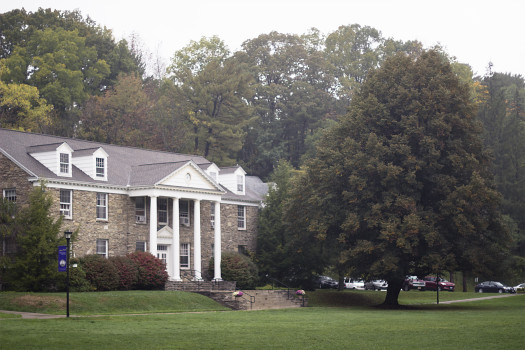
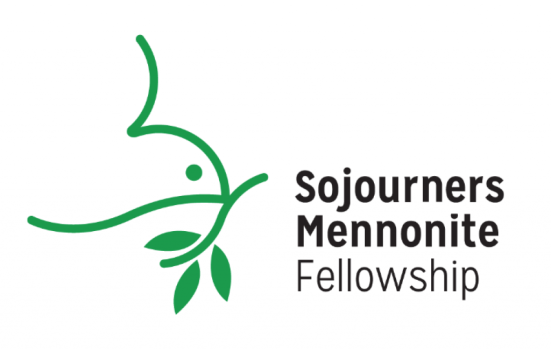


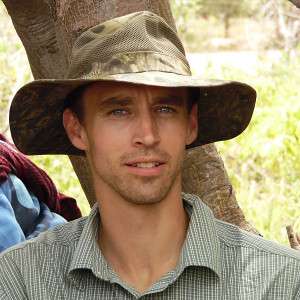
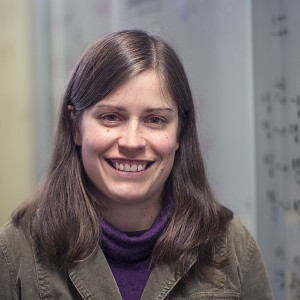 According to Linda Mills Woolsey, Dean of the College and Vice President for Academic Affairs, faculty members hired into Houghton’s tenure track go through three tenure evaluations over their first six years at Houghton. In their second year, faculty face a departmental review, which includes faculty peer review and an evaluation by the department chair. Faculty members are evaluated again in their fourth and sixth years, both by their department and by the Rank and Tenure Committee, which is chaired by Mills Woolsey.
According to Linda Mills Woolsey, Dean of the College and Vice President for Academic Affairs, faculty members hired into Houghton’s tenure track go through three tenure evaluations over their first six years at Houghton. In their second year, faculty face a departmental review, which includes faculty peer review and an evaluation by the department chair. Faculty members are evaluated again in their fourth and sixth years, both by their department and by the Rank and Tenure Committee, which is chaired by Mills Woolsey.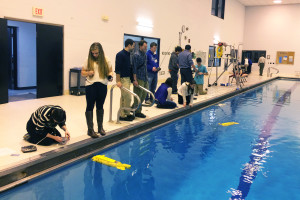 “The overall goal of our honors interview weekends is to help prospective students discern if Houghton is the right school for them, as well as to help Houghton decide who should be admitted to our Honors tracks,” said Betsy Rutledge, assistant director of admissions events and office operations.
“The overall goal of our honors interview weekends is to help prospective students discern if Houghton is the right school for them, as well as to help Houghton decide who should be admitted to our Honors tracks,” said Betsy Rutledge, assistant director of admissions events and office operations.
